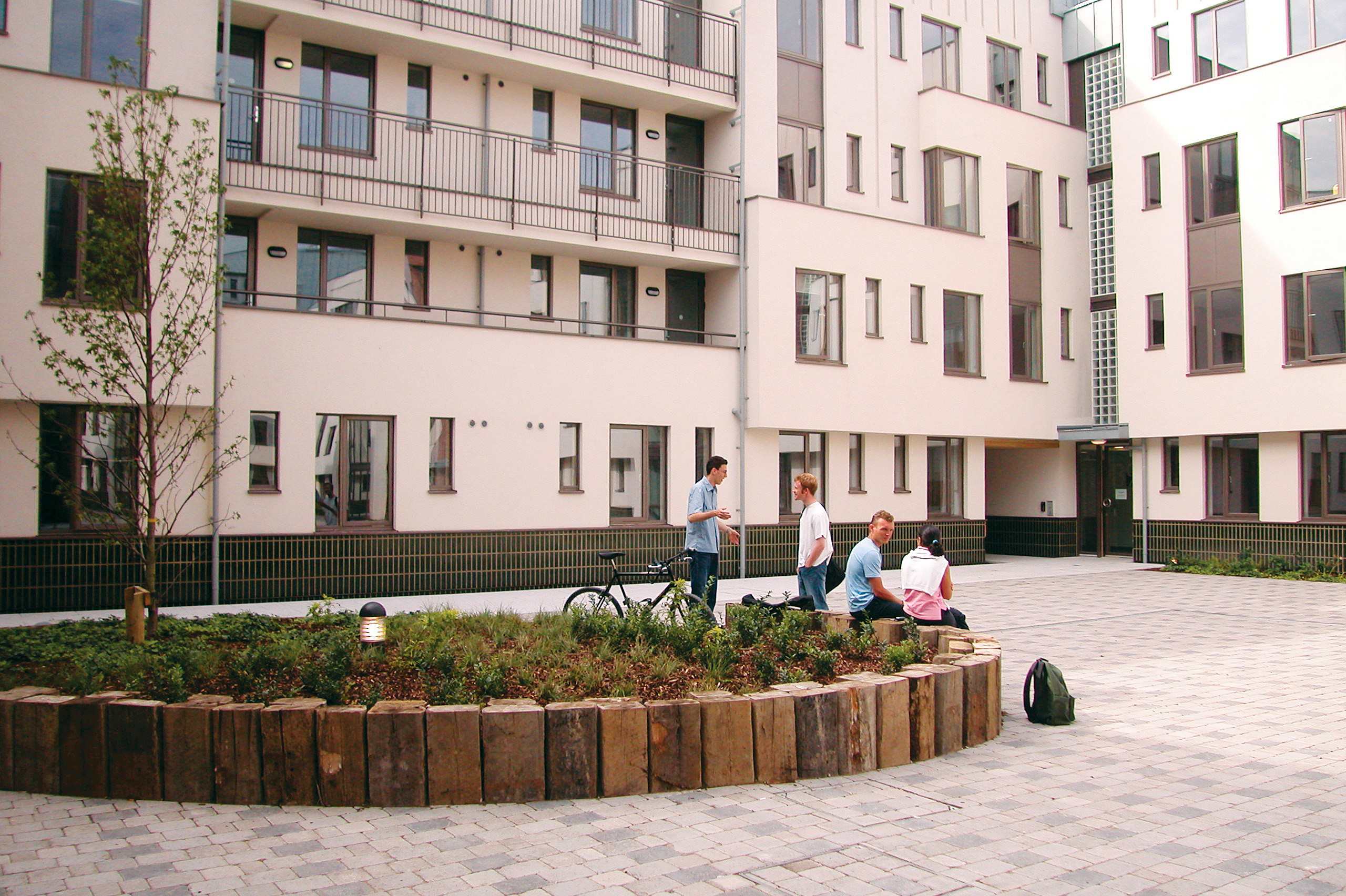Trinity Hall will host The Harmony Project Event, a one day informative program that will educate students about the lives of migrants in the context of Irish society.
In an effort to “promote an environment of inclusivity and understanding on Trinity’s campus,” the event will consist of keynote speakers, discussion and information sessions, and workshop collaborations with various Trinity societies such as the Traditional Irish Music Society, Players, DU Music and VisArts. A social will be held at the end of the program to reflect on the day’s activities and allow students to explore options to create a “positive difference.
Crucial to The Harmony Project’s objective is educating students about the work of Direct Provision centres. According to The Irish Times, 4,000 asylum seekers are currently affiliated with Direct Provision, which provide asylum seekers with basic human needs instead of full cash payments while their applications for refugee status are being processed.
The Reception and Integration Agency (RIA) outlines Direct Provision as the inclusion of “accommodation on a full-board basis” and “the cost of all meals, heat, light, laundry, tv, [and] household maintenance”. Additionally, asylum seekers are provided weekly personal allowances of €21.60 per adult and €21.60 per child. These costs are all directly paid by the State.
Speaking to Trinity News, Chair and Treasurer of The Harmony Project, Senior Fresh Political Science and Geography student Niamh McCay, said that she felt motivated to develop the project at the beginning of her second year. “I became incredibly interested in refugee rights, and was at a loss as to why there seemed to be a gap in Trinity’s knowledge on this topic,” she said.
She alluded to the Aramark campaign last year, and how the success of Aramark Off Our Campus spurred her desire to increase Trinity students’ involvement in refugee rights. “I wanted people to be aware of the treatment of vulnerable migrants in Ireland, as aware as they were about things like their bodily autonomy and their own rights within this country. I wanted more people to be passionate about getting Trinity University of Sanctuary status. I wanted that passion to pass onto those refugees,” she added.
Regarding College’s current efforts to promote the rights of refugees: “We have a college committee in place, which is majority staff members, who are working super hard, but i wanted to start that conversation on why achieving this status should be top priority for Trinity,” she said.
McCay suggests if students meet “migrants face to face, hear their stories and finally get an insight into what it is like to be a refugee in Ireland,” they will become “passionate about giving these refugees the voice they don’t currently have on campus”.
“I want this project to get bigger and better every year. I want people to leave on Saturday ready to work towards making a change in their own lives to benefit these refugees. This started as a little dream of mine and has taken off, and I am so excited to get the ball rolling”.
“My committee have been exceptional, and the people I have met on my way have influenced me so much. I feel honoured to have been able to organise an event like this, and the support from the Trinity Equality Fund has really aided us in making this event possible”.
In 2014, The Trinity College Dublin Students’ Union (TCDSU) passed a motion that the college will advocate against Direct Provision and promote asylum seekers’ ability to work legally in Ireland.
According to RTE, The EU Reception Directive, which is expected to join Irish law within the coming months, enables asylum seekers to effectively access the labour market.
In November 2016, Ireland promised the European Union it will accept 330 additional refugees in 2018, contributing to a total of 600 new refugees by the end of this year. The action derives from the failure of the United Nations High Commissioner for Refugees Ireland (UNHCR Ireland) to meet the full quota of 520 refugees in 2017.







